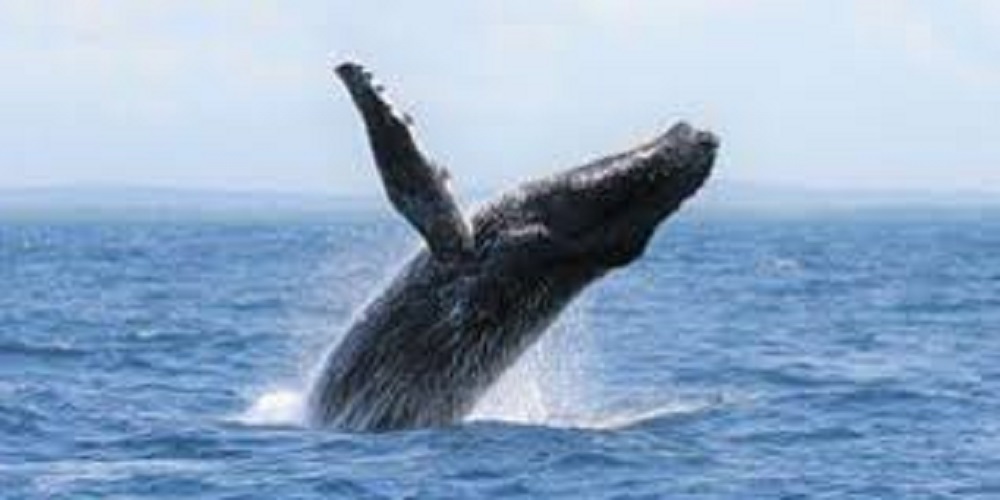Nature Life: Whales, King of the Oceans

By Obiabin Onukwugha and Ngozi Eyeh
Whales, those magnificent marine mammals, are renowned for their sheer size and their captivating aquatic existence.
Their intelligence and sociability are truly remarkable, with some, like the blue whale, earning the title of Earth’s largest animals. Whales command our admiration not only for their grandeur but also for their fascinating behaviors.
In addition to their impressive qualities, whales, like many marine creatures, engage in complex social interactions, forming enduring bonds within their pods. This level of connection between these animals is awe-inspiring.
In the cultural tapestry of Nigeria, the whale is known by distinct names. In Yoruba, it is “ẹ̀kùn,” in Hausa, “kuya,” and among the Igbos, it’s referred to as “Ōni.” These diverse names reflect the rich cultural diversity of Nigeria and the unique ways various communities interact with and name the natural world around them.
Beyond their cultural significance, whales play a pivotal role in marine ecosystems, profoundly impacting the environment. They actively contribute to the health and equilibrium of these vital ecosystems.
Whales aid in the carbon cycle’s health by transporting nutrients, which, in turn, stimulate plankton growth—a crucial element of the marine food web.
Furthermore, the nutrient-rich fecal plumes they produce provide sustenance to phytoplankton, enhancing the ocean’s overall productivity. Whales’ migrations and movements disperse essential nutrients, supporting various marine species and contributing to the ocean’s stability.
In sum, the presence of whales exerts a positive influence on marine ecosystems, fostering environmental balance and health.
These marine giants are not only environmental stewards; they hold significance for humanity as well. Their vomit, also known as ambergris, is a waxy substance produced in the digestive system of sperm whales.
While its collection and use have raised conservation concerns, ambergris has been treasured for its unique scent in the perfume industry, serving as a fixative to prolong the duration of fragrances.
Whales have left an indelible mark on human culture, inspiring tales and folklore across the world. One beloved story is “Free Willy,” a film chronicling the journey of a young boy who befriends a captive orca whale and endeavors to set it free.
Another well-known story involving whales harks back to the biblical account of Jonah and the whale. This narrative tells of Jonah’s attempt to evade God’s directive, leading to his eventual encounter with a massive sea creature.
The story’s essence aligns with the remarkable abilities of whales, particularly the blue whale’s capacity for swift bursts of speed and their remarkable breath-holding capabilities.
Whales’ lifespans are as diverse as their species, influenced by factors like environmental conditions, food availability, predation risks, and human-related impacts such as pollution and hunting.
Smaller species like the beluga whale may live for 40 to 60 years, while larger species such as the bowhead and blue whale can surpass a century.
Whales reproduce through internal fertilization, with mating typically transpiring in water. Female whales exhibit a gestation period that varies by species, lasting between 10 to 18 months.
After giving birth, they nourish their young with milk, rich in fat content, and protect their calves while imparting vital survival skills.
In summary, whales, these magnificent creatures, leave an indelible mark on the environment and human culture alike, making them a topic of great fascination and importance.
